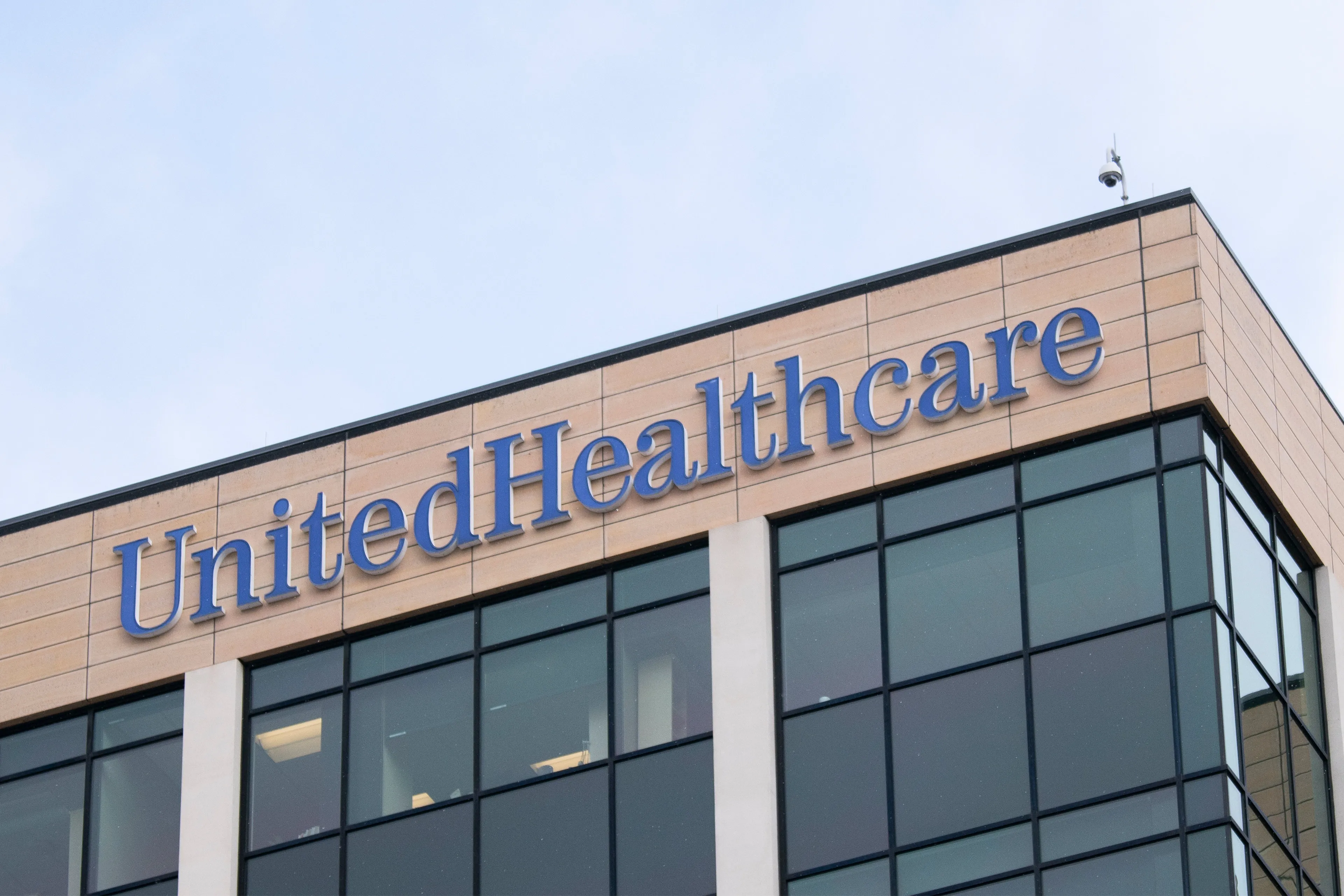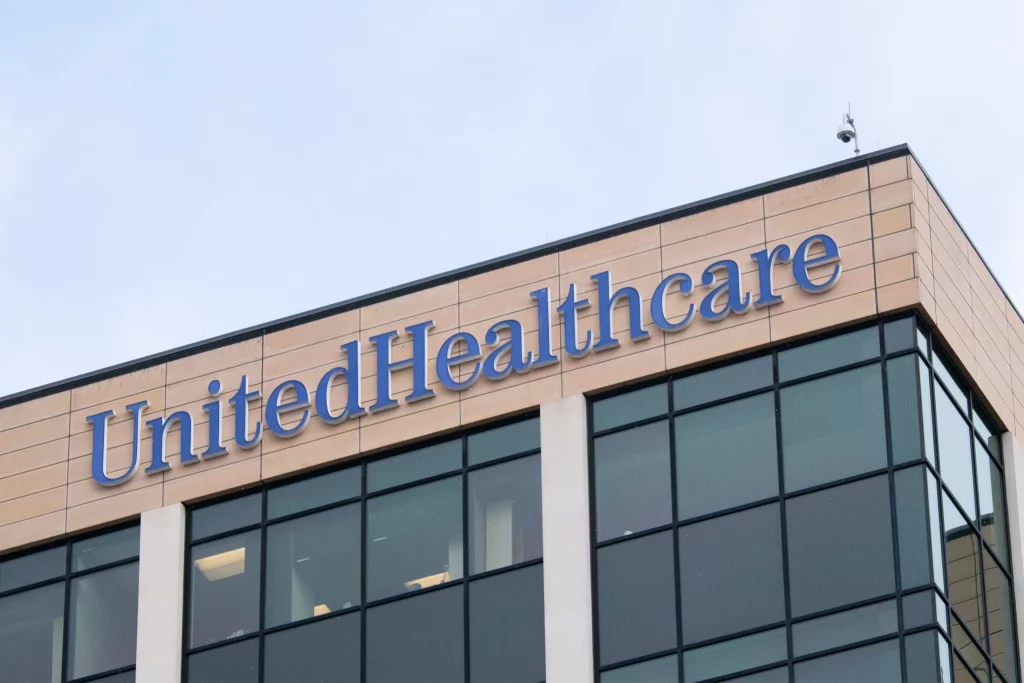If you’re one of the millions of Americans enrolled in a Medicare Advantage plan through UnitedHealthcare, you might think you’re getting enhanced coverage and peace of mind. But beneath the surface, recent investigations have uncovered troubling details about how these plans actually operate — and how patients might be paying the price.
From secret deals with nursing homes to unexpected bills and shrinking coverage areas, what’s happening with UnitedHealthcare’s Medicare plans in 2025 could seriously affect your care and your wallet — and most seniors have no idea.
Secret Incentives at Nursing Homes: Less Care, More Risk?
At the center of the controversy is a little-known practice that’s now under federal investigation: UnitedHealthcare allegedly paid nursing homes to avoid sending Medicare Advantage patients to hospitals. While the insurance giant claimed this was to prevent unnecessary and expensive care, critics say it may have delayed critical treatment for vulnerable patients who needed emergency help.
A joint investigation by The Guardian and federal agencies revealed that this financial arrangement prioritized cost-cutting over patient outcomes, with serious consequences. In some cases, patients reportedly suffered because staff hesitated to call 911 or seek hospital-level care — all to stay within the insurer’s “preferred” approach.
Congress and the Department of Justice have launched inquiries into these practices, demanding answers and accountability from UnitedHealthcare.
Medicare Advantage Plans Under Audit for Overcharging
This isn’t the only red flag. UnitedHealthcare, along with other Medicare Advantage insurers, is now under intensified audits by the Centers for Medicare and Medicaid Services (CMS). These audits are aimed at uncovering improper billing and overpayments, with billions of taxpayer dollars potentially at stake.
Why does this matter to you? Because these audits suggest that insurers may have exaggerated patients’ conditions to collect higher payments from the government. If these allegations hold up, not only could UnitedHealthcare owe significant refunds — you could also see future changes in coverage or benefits as the company adjusts.
Patients Caught Off Guard by Surprise Network Issues
Even beyond audits and investigations, everyday UnitedHealthcare members have reported major frustrations with “in-network” confusion. In some cases, people were assured their doctor or primary care provider was covered — only to get hit with huge bills when UnitedHealthcare later claimed the provider was out-of-network.
One patient on Reddit shared that UnitedHealthcare denied their appeal even though they had documentation showing the provider was in-network at the time of service. These kinds of billing disputes are becoming more common and are raising serious concerns about transparency and accountability.

Fewer Plans, Fewer Choices: UnitedHealthcare Scales Back
As of January 2025, UnitedHealthcare is cutting service areas and dropping certain Medicare Advantage plans altogether. If you’re affected, you should receive a non-renewal notice, but don’t wait — if your plan is ending, you’ll need to act during Medicare Open Enrollment to avoid losing coverage.
These reductions mean fewer plan options in many regions, particularly rural areas, and could push patients into switching providers or accepting higher costs.
What You Can Do Right Now
If you’re currently enrolled in a UnitedHealthcare Medicare Advantage plan or considering one, here are key steps to protect yourself:
-
Review your plan annually — Make sure your providers are still in-network and your coverage meets your needs.
-
Ask questions about your nursing home or provider — Are they financially incentivized to avoid hospital transfers?
-
Check for changes in your region — Has your plan been discontinued for 2025? If so, you may need to shop for a new plan.
-
Monitor billing statements closely — Challenge any surprise bills and appeal denials promptly.
-
Consult a Medicare advisor — An independent advisor can help you navigate your options and identify more transparent alternatives.
Final Thoughts
UnitedHealthcare is the largest Medicare Advantage provider in the country, but size doesn’t always mean security. With new scrutiny over financial practices, treatment delays, and coverage limitations, Medicare beneficiaries need to stay alert, informed, and proactive.
Don’t assume your plan is working in your best interest just because it carries a trusted name. Ask questions, review the fine print, and be ready to switch if your care is compromised.



